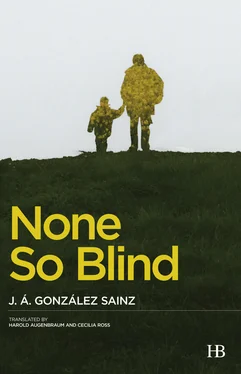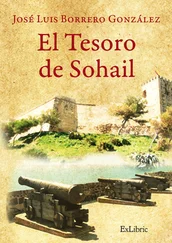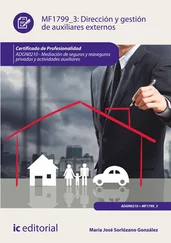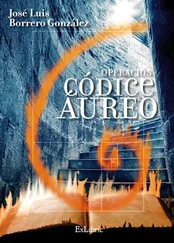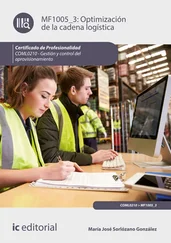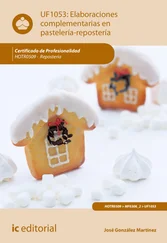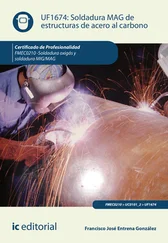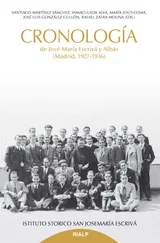For many years, throughout his childhood and part of his adulthood, before or after completing his work at the village printshop, at dawn or at dusk or even on weekends, Felipe Díaz Carrión had taken that road on foot or by burro. To him, it was much more than a mere road or a mere connection between two points. It was a connection, unquestionably, but it connected a lot more than just two points, a lot more than a point of departure and a point of arrival, his house on the outskirts of the village and the work shed in the field, or the other way around; it connected his inner spirit — his soul, he would sometimes say — to the world, and perhaps even to something much greater or lesser than either.
That road was his strength, his life’s mettle, it was the very nature of his inclination toward the world, and also his disappearance from it. It was also his entire understanding, as if he had gradually been forging his experience of life and his relationships to people and things almost entirely on that path, on that continuous coming and going and coming back and going again, ruminating on what he saw and seeing what he was ruminating about, on that slow and measured placing and settling of things, seeing the common in the different and seeing things that were the same differently, coming to accept the slings and sorrows of life by allowing the positive to reign, moving beyond his personal emptinesses and solitudes while hearing the echo of his footsteps and the impenetrable sound of the wind in the leaves of the poplar trees, which he interpreted differently depending on the day and the light and the season, and from that, from all of that, he might have been able — without ever knowing how, and with much greater success than from the reading he had with great effort been doing on his own or from the dealings he had kept up with people, also with great effort — to attain a sort of quiet, inextricable, magma-like power and an odd, taciturn, melancholic, wise calmness, both in turn patiently interwoven around the eternal enigmas of life and the signposts, no less enigmatic but forever changing, of time.
4
But one day, just after he broke the long family line of Felipes by naming his son, who had just turned a brilliant eight, Juanjo — Juan José Díaz García — the local printshop he had worked at for what you might call half a lifetime went belly-up. Times had changed, and the old processes of traditional presses had suddenly become as antiquated in the face of new technologies as plows and threshers had not long before. From one day to the next, he found himself without a job, and the field alone was not enough; he tried to find other work in the village or one of the surrounding towns, at first still in his field of graphic arts, and afterward even in just anything, but it was all useless — temporary jobs or piecework, small things here and there, nothing at all. It was as if all the capital and all the projects and all the connections and preferential treatment had moved off elsewhere, and people had no choice but to follow them.
For a while, to try to stave off what increasingly seemed inevitable, he even tried working as a day hand in others’ fields while intensifying and rationalizing the cultivation of his own, spending hours there, day in, day out. But it wasn’t enough. They had enough to eat, sure, they didn’t want for food, but they had nothing more than that. For his wife, Asun, not a single new dress, for their son, not a single treat, no relief whatsoever, and, more than anything, no hint of better days ahead.
It was a time when many young people and even some not-so-young people emigrated from the area to large cities and industrial zones, to Barcelona or Madrid, to Zaragoza or the industrial towns and centers in the north, and that’s just the ones who didn’t cross the Pyrenees or even the Atlantic. Those cities and regions seemed to have made off with all the wealth and activity in the country, with all the advantages and incentives, and more than anything else, they seemed to hold an absolute monopoly on the future. There wasn’t a night when Asun didn’t greet his return with the same little song and dance. Let’s go, Felipe, let’s go where there’s more potential, where there’s more of everything; do it for your son. That’s how it always ended — do it for your son. And so he did. One day, at dawn — the countryside and the streets were still damp from a storm the evening before — they gathered together everything they could fit into a pair of big suitcases and a few bags and they closed, for who knew how long, the great, sturdy door, with its bronze knocker, of their house on the outskirts of the village. They went north, which was, in the end, the place closest to hand, to one of the large, industrial towns in one of the green, misty lowlands of Guipúzcoa.
There, after a while, following a few months spent working construction, he finally got a steady job in a chemical factory, and it wasn’t long before they began making mortgage payments on a place that was small compared to the one in his hometown but adequate, located in one of the six identical, giant apartment buildings that had just been built on the outskirts of town, on the very route to the factory itself. From the dining room window, which faced the street, as opposed to the other rooms, which looked out onto an inner courtyard, there was a nice view, to the point that you could see a good stretch of the highway whose shoulder he walked along each day to get to work.
He rose at dawn, just like in his hometown, downed his coffee, and sometimes a second one, and grabbed the sandwich Asunción had made for him, then he took off walking down the highway for what amounted to a bit more than half an hour, to the factory’s high, black fence capped by spearheads in the shape of halberds. He would slowly leave behind, one by one, an old, dismal metalworks from which, even in the early morning hours, there issued an incomprehensible screeching; a tire retread shop whose premises he felt from the very beginning were completely disproportionate, with an attached lot, beyond a blackened, stucco wall, where he could see loads of large truck tires and little car tires all piled up, and which sometimes emitted a stench of burning rubber — it stank to high heaven, he would say, even though what he breathed inside the factory most days was no better — and a high-roofed hangar of some sort that went on forever, with no windows or any openings on that side at all, graffitied over with a labyrinth of signs, symbols, and initials he would slowly begin to decipher. Farther on, the only things he would pass were an automobile dealership, a warehouse for who knows what, and a gas station whose lot was jammed at specific times of day with huge trucks, as a result, from what he’d heard, of the more than satisfactory restaurant it had. Except for a few buildings for rent and one highway interchange, that was the last thing he had to pass before he got to the factory.
Cars zoomed by, whipping up the air beside him, replacing it with fumes he had a hard time getting used to breathing, while the trucks seemed as if they were going to tip him over, swallowing him up in the great pockets of emptiness they created in their wake. In the early morning, as well as in winter when he was going back home in the dark, the combination of their headlights would illuminate him intermittently, in flashes, and there were always some who honked at him or sped close past him, so he usually kept as far onto the shoulder as he could.
This is what you’ve become, he would think, a man on the side of a road, a man on the shoulder of a road, that’s what you’ve become; your road isn’t really a road anymore, it’s the shoulder of a road, a margin, a bank, but it’s not even a riverbank, it’s the bank bordering this highway. And he would look at the ground, he would look at his steps on the asphalt or on the packed earth, he would look at the spent cigarette butts and the discarded soda cans, some of them squashed flat as a sheet of paper and others just dented or twisted but in any case tossed aside, thrown away, used up and then scorned, like the plastic bags and wrappers and junk or scrap metal you could see here and there among the filthy clumps of sod, among the weeds that grew unaccountably out of the cracks in the cement like some form of unrecognizable plant life reminiscent of factory runoff, like a kind of cross between vegetation and industrial output.
Читать дальше
